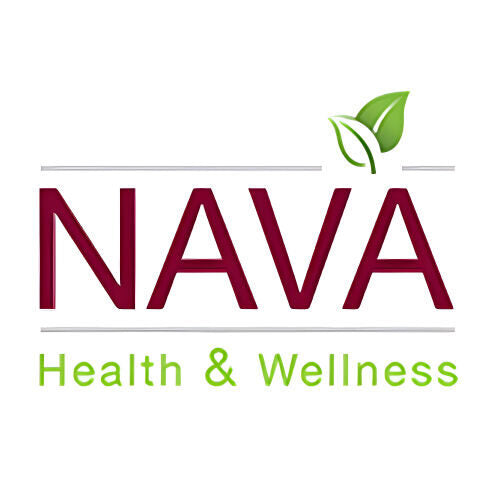What is cranberry extract?
Cranberry extract is produced from cranberry fruits (Vaccinium macrocarpon), known for their high content of antioxidants, especially type A proanthocyanidins – unique active compounds that constitute the medicinal core of the plant.
Unlike regular cranberry juice, the extract is concentrated and adapted for nutritional or therapeutic use – usually in capsules or powder.
Research-Based Health Benefits
1. 🌊 Preventing urinary tract infections (UTI)
The most well-known use of cranberry extract is in preventing recurrent urinary tract infections – especially in women.
The PACs in cranberries prevent E. coli bacteria from binding to the walls of the urinary tract, thereby reducing the risk of developing inflammation.
-
Clinical studies have shown a 35% reduction in the rate of infections in women who take a cranberry supplement regularly for 6 months.
-
The effect is also noticeable in pregnant women, menopausal women, and patients suffering from chronic catheters.
2. 🛡️ Antibacterial and anti-inflammatory activity
Cranberries contain powerful antioxidants – including quercetin, vitamin C, and flavonoids – that help reduce inflammatory processes in the body, strengthen the immune system, and inhibit the growth of pathogenic bacteria in the intestines and mouth.
3. 💓 Cardiovascular health
There is evidence that cranberry extract may:
-
Reduce "bad" cholesterol levels (LDL)
-
Improve endothelial function (the inner layer of blood vessels)
-
Lower blood pressure readings – especially in people with borderline hypertension
4. 🧬 Antioxidant activity
Antioxidant tests (such as ORAC) indicate cranberries as one of the fruits with the highest ability to neutralize free radicals – a process that helps protect against premature aging, cell damage, and cancer.
5. 🧠 Impact on cognitive health
Preliminary studies have found a link between cranberry consumption and a slight improvement in short-term memory function in the elderly. The mechanism of effect is likely related to improved blood flow to the brain and reduced oxidative stress.
Types of extractions and consumption configurations
-
Dry Extract : Highly concentrated, available in capsules. Suitable for precise dosing.
-
Liquid Extract : Drops for daily use, absorbed more quickly.
-
Freeze-dried powder : for use in shakes or food supplements.
Most quality supplements contain 36 mg of PACs per serving – this is the dose found to be effective in studies for preventing UTIs.
Recommended dosage
-
For preventing urinary tract infections : 300–500 mg of cranberry extract per day (equivalent to at least 36 mg of PACs).
-
As an antioxidant/cardiac support : Slightly higher doses may be required (500–1000 mg/day).
Side effects and warnings
-
It is generally considered very safe, including for children and pregnant women.
-
May cause mild heartburn or stomach pain in high amounts.
-
Not recommended for people taking Coumadin (warfarin), due to the potential for increasing the drug's effects.
Summary
Cranberry extract is a natural, powerful, and evidence-based supplement – especially in preventing urinary tract infections, but also in supporting overall immune, cardiac, and antioxidant health. Controlled daily use may help maintain good overall health and prevent recurring problems.
